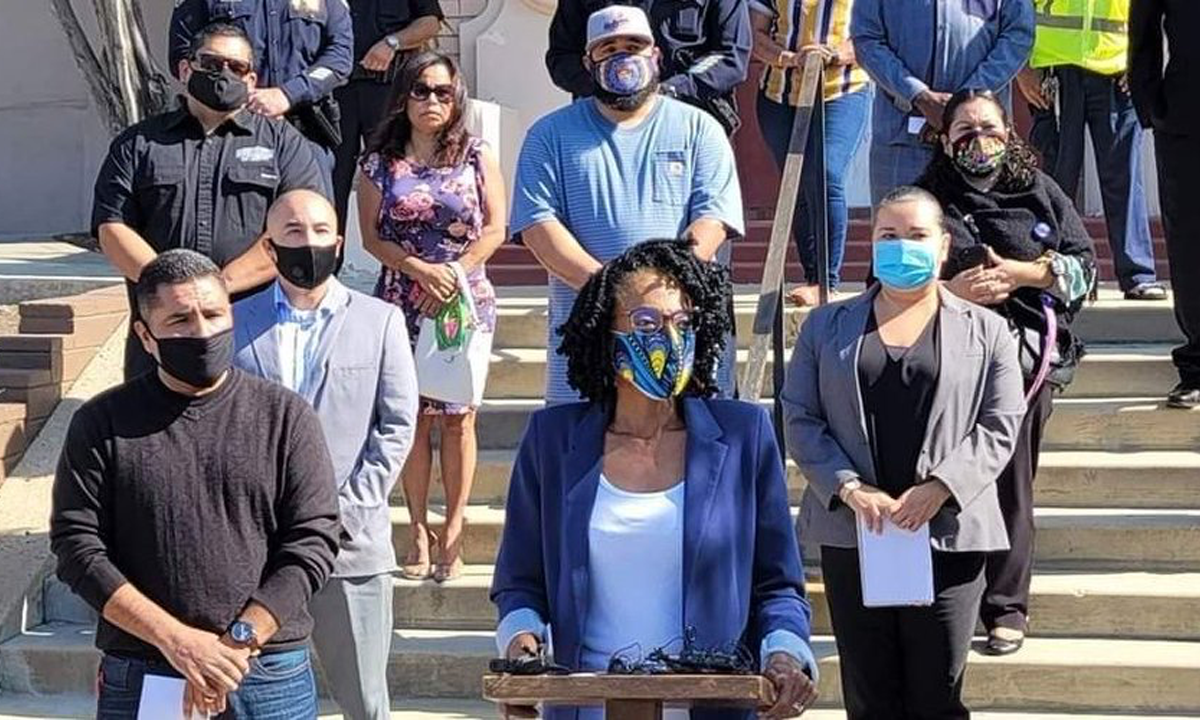Written by Justin Culetu
“But man is so addicted to systems and to abstract conclusions that he is prepared deliberately to distort the truth, to close his eyes and ears, but justify his logic at all cost.”- Fyodor Dostoevsky
The year 2020 was subject to a myriad of polarizing political and social issues that led to a lot of virtue signaling and unproductive conversations. From the unpredictable pandemic to the lockdowns and protests that came along with it, people developed an extremist mentality for solving these issues in which you are either with them or against them, and anything in between means you are the enemy.
This has been seen especially in the Black Lives Matter conversations that started mid-summer. In light of the death of George Floyd, Americans mourned the undeserved death of a black male at the hands of a police officer.
Virtually every American was appalled by this event, and instead of coming together as one nation to address the issue of police violence and racism, the extremists separated themselves from the rational thinkers, and valued violent riots over peaceful protests, radical policies over common-sense solutions, and virtue signaling over necessary actions. And with the “with us or against us” mentality, California officials have called for radical policies that strive for equity rather than equality. One of these policies is the institution of reparations.
The state of California seems to be keen on implementing this strategy, as San Diego Councilwoman Montgomery Steppe has recently been asked to represent the city on a statewide task force to orchestrate a possible strategy to implement reparations for the California African American population.
Councilwoman Steppe may be the most vocal social justice advocate among the City Council members, and now she is part of a task force to decide who is eligible to receive government compensation for the impacts of slavery, which was never institutionalized in California.
“Building on the hard work of leaders who came before us has become more critical than ever as we face triple crises: a pandemic impacting every aspect of our lives, rising extremism fueled by white supremacy and an economic crisis made worse by both,” she said.
Unfortunately, Councilwoman Steppe does not realize that millions of people in the state, regardless of ethnicity or color, have been negatively impacted by this pandemic. Rather than focusing on bringing everyone out of this economic slump together, she appears to have her sights set on pandering to a specific group.
Slavery was nationally abolished in 1865, so finding the descendants of slaves in California would be nearly impossible considering there are 2 million African Americans currently in the state. Not to mention that millions of African American’s have immigrated to the US in the 150+ years since slavery was outlawed. Furthermore, California entered the Union in 1850 as a free state, meaning slavery was never an accepted practice. The state’s constitution proclaimed, “neither slavery nor involuntary servitude, unless for punishment of a crime, shall ever be tolerated.”
History also shows that many other races have been discriminated against in the past. 120,000 Japanese Americans were unfairly sent to internment camps by Democratic President Franklin D. Roosevelt in response to the Pearl Harbor Attack. One of those camps is located in central California at Manzanar War Relocation Center. Why are the Japanese not in discussion to receive reparations? Native Americans were held under virtual slavery by the Spanish and the Catholic Church in California before it became a state. Why do they not qualify for compensation? The Chinese experienced harsh working conditions building the first Transcontinental Railroad and also suffered as a result of the Chinese Exclusion Act of 1882. Will they get any government benefits? Even Italian and Irish people suffered discrimination and hardships when they began to immigrate to the U.S. And if these reparations do not end up providing the Black population with the equality they deserve, what will be the next step?
Far-left voters and government officials have shown their addiction to virtue signaling rather than gathering a coalition to find the roots of the problems that society is facing and deciding on policy reforms. Polarizing politics has been prominent in recent years due to the fact that Americans are struggling to meet in the middle and find common ground. Instead, they engage in groupthink echo chambers where everyone dismisses and takes offense to any idea that differs from their own. Councilwoman Steppe may claim to be fighting for equality. But in reality, she is striving for equity, which is completely different and contradictory to the American ideal that everyone should be treated equally.
Photo via City of San Diego




